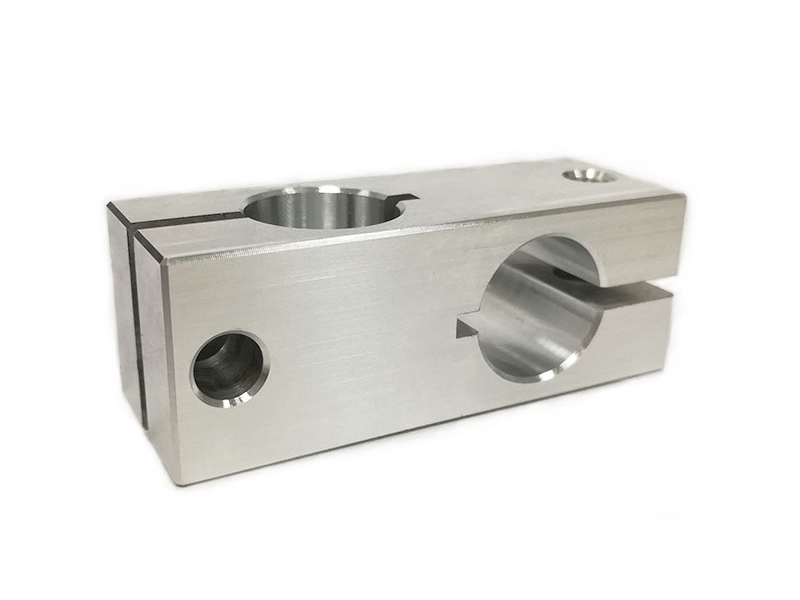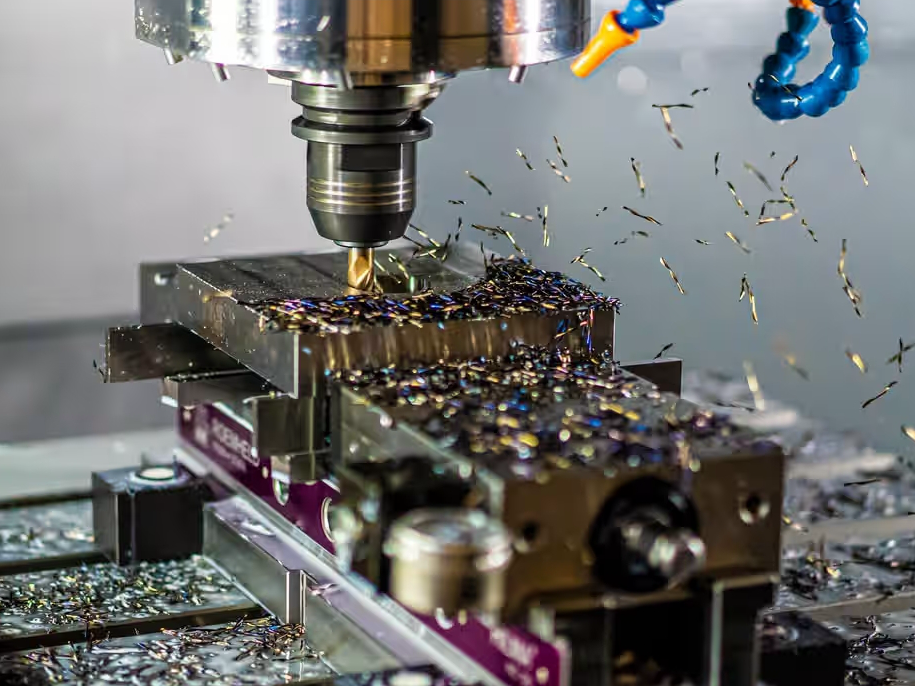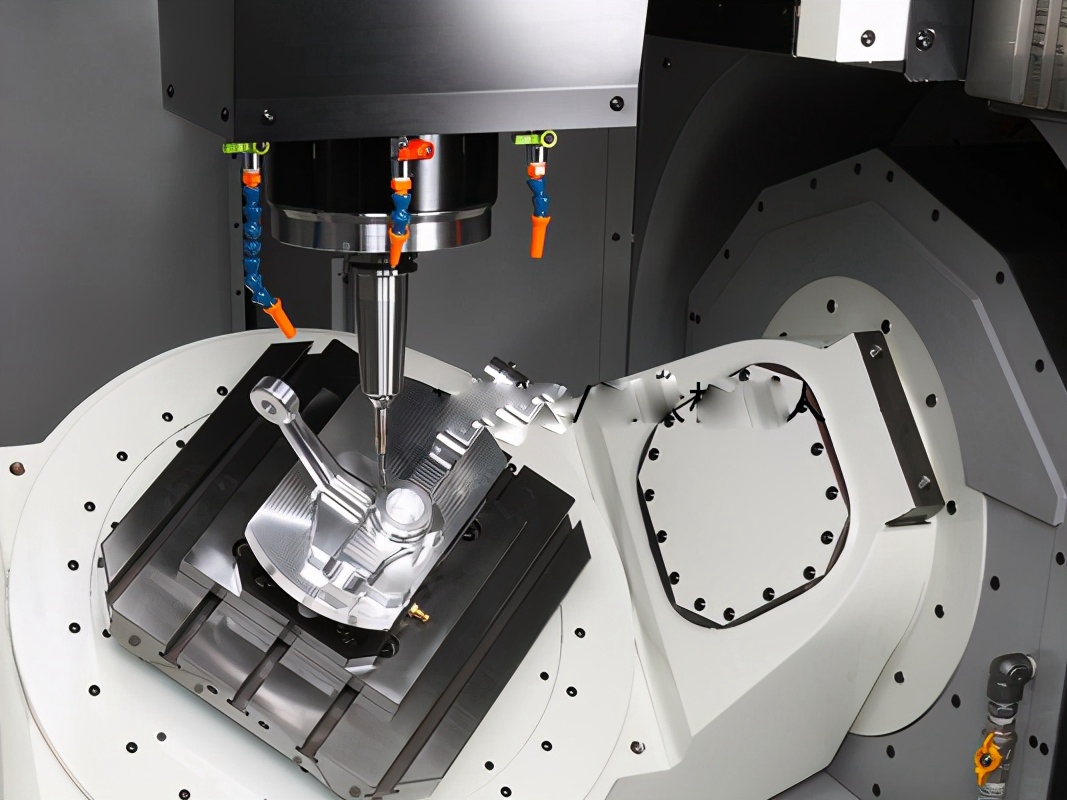How to Choose the Right CNC Machining Service for Your Custom Parts Project
Selecting the right CNC machining service can significantly impact the success of your custom parts project. Whether you produce aerospace components requiring ultra-tight tolerances or consumer goods with aesthetic surface finishes, your chosen machining partner must align with your functional requirements, budget, and lead time.
This guide walks you through the critical criteria buyers should consider when evaluating CNC machining services, ensuring that your next project meets all performance, quality, and delivery expectations.
Understand Your Part Requirements
Before engaging any CNC machining service provider, define your project specifications clearly:
Material: Aluminum, stainless steel, copper, titanium, plastics, ceramics, etc.
Tolerances: Standard (±0.1 mm), tight (±0.01 mm), or ultra-precision (±0.005 mm)
Surface Finish: As-machined (Ra 3.2 μm), anodized (Type II or III), electropolished, or powder-coated
Production Volume: One-off prototype, low-volume batches of 10–500 pcs, or mass production over 10,000 pcs
Part Complexity: Simple 2.5D profiles or complex multi-surface 5-axis geometries
Having a detailed 2D drawing with GD&T symbols or a 3D CAD file (STEP or IGES) helps machining experts accurately quote and plan your job. Neway offers CNC prototyping and low-volume manufacturing services tailored for such custom needs.
Match Capabilities to Your Design Complexity
CNC machining encompasses several processes: milling, turning, drilling, boring, grinding, and EDM. Each process plays a distinct role in producing precision parts.
CNC Milling: Ideal for flat surfaces, slots, and contours. Choose multi-axis milling (4-axis or 5-axis) for parts requiring tool access to complex undercuts or holes at compound angles. This is essential for aerospace and medical parts with multi-faceted features.
CNC Turning: Efficient for round or cylindrical parts such as pins, bushings, and shafts. CNC turning service offers high-speed precision with concentricity tolerances as tight as 0.01 mm.
EDM: Electrical Discharge Machining is ideal for machining hard materials like tool steel or superalloys or for producing sharp internal corners in molds. EDM machining can achieve a precision of ±0.005 mm on complex cavities.
Precision Machining: For components in industries such as aerospace, defense, and optical systems, precision CNC machining services offer repeatability within ±0.005 mm and ultra-fine finishes (Ra < 1.6 µm).
Make sure your supplier has the right combination of 3-axis, 4-axis, and 5-axis machines to meet your feature and tolerance requirements.
Evaluate Material Expertise
The quality and performance of CNC machined parts are closely linked to the supplier’s knowledge of the materials being processed. Material hardness, thermal conductivity, and machinability affect tooling, cooling strategy, and cycle times.
Aluminum Alloys (e.g., 6061-T6, 7075): Lightweight, corrosion-resistant, and easy to machine. Used for aircraft structures, enclosures, and jigs. Aluminum CNC machining achieves high-speed milling at 6,000–12,000 RPM with excellent chip evacuation.
Stainless Steel (e.g., SUS304, SUS316): Offers high corrosion resistance and tensile strength (>500 MPa). Stainless steel machining requires coolant optimization and slower feeds due to work hardening.
Titanium (e.g., Ti-6Al-4V): Extremely strong and biocompatible, with a tensile strength of over 900 MPa and a melting point of 1660°C. Titanium machining demands low-speed, high-torque tools with efficient heat dissipation.
Copper & Brass Alloys: Excellent electrical and thermal conductivity. Copper CNC machining and brass CNC machining support applications in electronics, connectors, and decorative fittings.
Plastics (e.g., POM, PTFE, PEEK): Require different tool geometries and reduced spindle speeds. Plastic CNC machining is commonly used for medical device housings and insulators.
Select a machining partner that can handle various metals and engineering plastics with appropriate tooling and setup.
Inspect Quality Control Capabilities
High-quality CNC machining is impossible without a robust quality control system. This is especially critical in sectors like medical devices, aerospace, and energy where failure is not an option.
Minimum quality control standards should include:
In-process inspections at each setup
First Article Inspection (FAI) reports
Final inspection using Coordinate Measuring Machines (CMMs) with micrometer-level accuracy
Quality management systems such as ISO 9001 or AS9100
Material traceability, RoHS and REACH compliance documentation
Neway implements rigorous QC protocols to ensure dimensional accuracy and consistency across all parts, including lot traceability and statistical process control (SPC) for production runs.
Verify Surface Treatment Options
Post-machining surface treatments enhance CNC parts' mechanical performance, corrosion resistance, or appearance. For example, aerospace and marine parts typically require anodizing or passivation to prevent oxidation.
Anodizing: Adds a 5–25 µm thick oxide layer on aluminum. Anodizing improves corrosion resistance and allows dye coloring.
Powder Coating: Electrostatic dry powder application followed by curing at 180–200°C. Suitable for durable, decorative coatings on steel and aluminum.
Electropolishing: Smooths and brightens stainless steel surfaces. Improves corrosion resistance and removes burrs or embedded particles.
Heat Treatment: Improves mechanical strength and fatigue resistance. Typical for carbon steels like 4140, 4340, and H13.
Neway offers a complete portfolio of surface treatments to meet aesthetic and functional requirements.
Consider Lead Time and Flexibility
Production lead time is impacted by part complexity, material availability, machine loading, and post-processing steps. Be sure to ask for lead time ranges during the quotation.
CNC Prototyping: Expect 3–7 working days, depending on complexity and quantity. Neway’s rapid prototyping service supports iterative design and functional testing.
Low-Volume Production: Typical lead time ranges from 7–15 working days for batch sizes between 10–500 pcs. Low-volume manufacturing is ideal for bridge production or pilot runs.
Mass Production: 15–30 days or more, depending on the part count and secondary processes. Mass production services ensure long-term supply with consistency and cost-efficiency.
Choose a vendor who can adapt to changes in quantity or design without sacrificing quality or delivery.
Analyze Cost Transparency and Quoting System
Accurate cost estimation and quoting is essential for procurement planning. Ask for a breakdown that includes:
Material cost per kg or per bar
Machining cost per operation or cycle
Surface treatment charges
Inspection, packaging, and logistics fees
A reliable partner should also offer DFM (Design for Manufacturability) feedback to optimize part geometry for machining, which can reduce costs by up to 30%.
At Neway, quotes are delivered within 24–48 hours, including full transparency on pricing elements and engineering suggestions to reduce waste and machining time.
Conclusion: Making the Right CNC Partner Choice
The success of your custom CNC parts project hinges on selecting a machining service that combines material expertise, advanced equipment, rigorous quality control, and flexible fulfillment capabilities. From prototype development to full-scale production, Neway delivers professional CNC machining services that cover metals, plastics, and ceramics across multiple industries.
With ISO-compliant quality, 3 to 5-axis machining, in-house surface finishing, and tight-tolerance capabilities, we ensure your parts are not just built—but engineered to perform.
Frequently Asked Questions (FAQs)
What factors affect the cost of custom CNC machined parts the most?
How do I ensure the supplier can meet my specified dimensional tolerances?
What is the average lead time for low-volume versus mass production CNC orders?
How should I choose between different surface finishes for functional parts?
Can the CNC supplier support design optimization or DFM recommendations?




